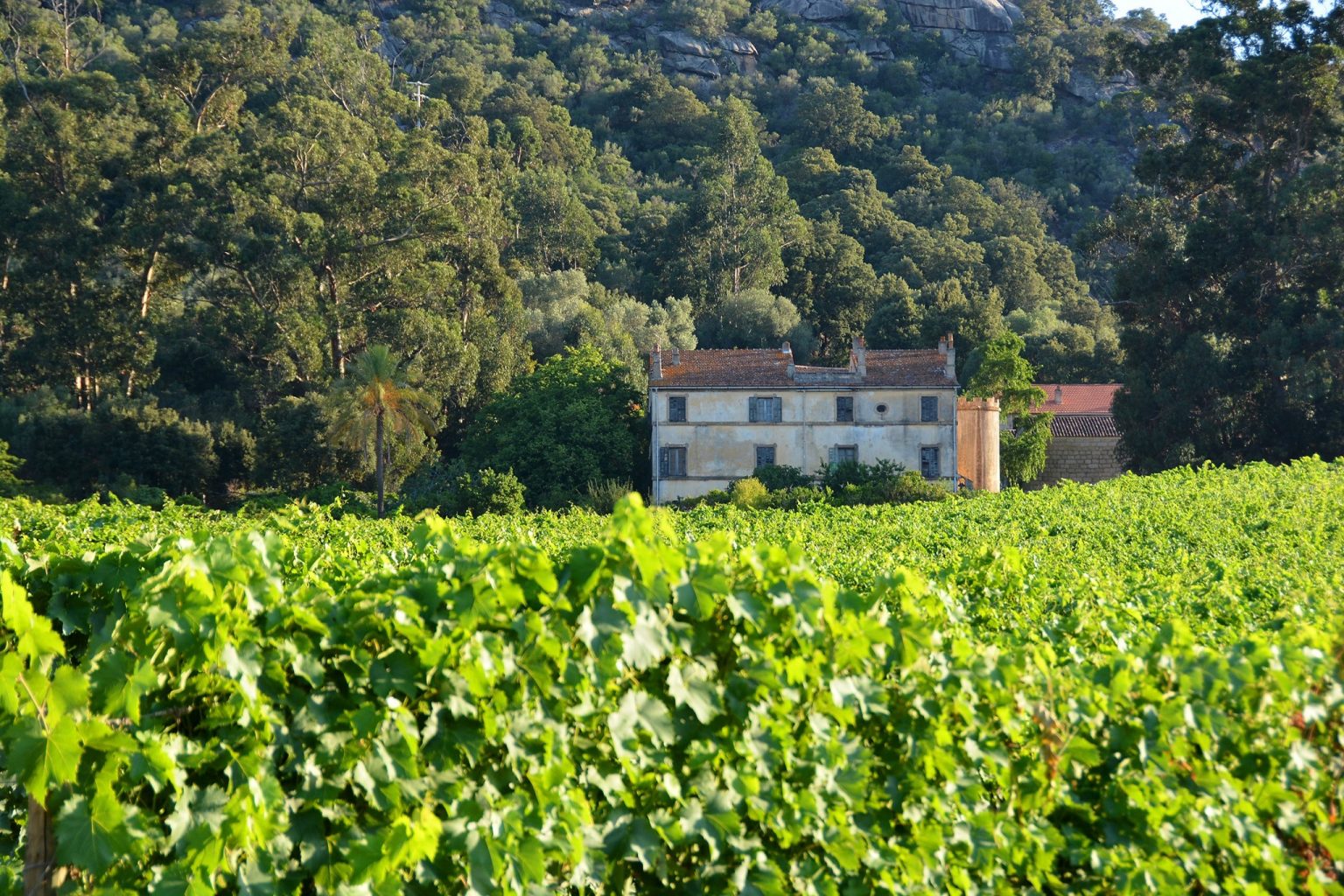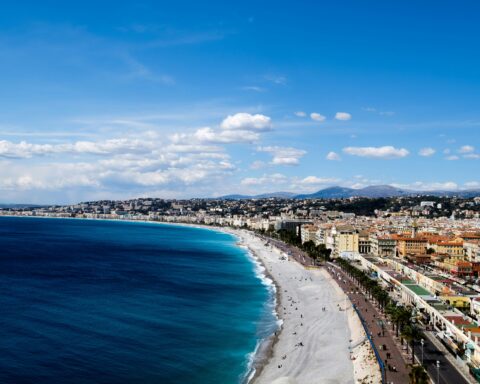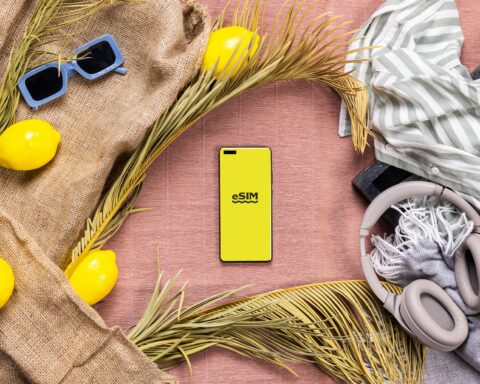This summer, how about a wine tour of France? From Corsica to Provence, through Occitania, on foot, by car or by bike, discover this heritage and these landscapes, between tasting and gourmet walk.
Great wines in Bourgogne
Our visit begins in Bourgogne, between Beaune and Dijon. From the cradle of Chablis in the Yonne to the Mâconnais, the territory of Burgundy wines represents only 3% of the French vineyard, but its hundred or so AOC, of which more than a third are grands crus, makes it a fertile ground for great wines!
Among the six itineraries that can be covered by car, but also by bike, boat or hot air balloon, the Bourgogne Grand Cru route is the most sought-after with its rows of vines dotted with low walls and dry stone enclosures describing 1247 “climats”, these micro-terroirs classified by UNESCO. In short, the ideal route to become familiar with the most emblematic nectars, from Gevrey-Chambertin, to the Clos de Vougeot castle, guardian of the memory of the winegrowing monks.
Voir cette publication sur Instagram
The royal road in the Loire Valley
800 kilometers make up the longest wine route in the Loire Valley. Stretching from the mouth of the Loire to the heart of the Berry region, this route includes no less than 51 appellations between Nantes, the kingdom of Muscadet, Touraine with AOC Chinon and Bourgeuil or Sologne and Sancerrois.
This route guarantees all kinds of experiences: bike rides, walks, boat rides or electric scooters between wild banks populated by birds, troglodytic cellars dug in the tufa stone suitable for sensory visits, French gardens and legendary castles. At Chenonceau, tastings under the stars punctuate the summer evenings, and at Chambord, you can listen to the vines grow: 14 hectares have been replanted with five grape varieties, including the Romorantin, introduced by François I in the 16th century.
Voir cette publication sur Instagram
Unusual in Occitania
Composed of 260,000 hectares (and 36% of the French organic vineyard parcels) regrouping 87 appellations including 51 AOP, the vine shapes Occitanie. The wine routes offer an incredible variety of flavors to explore, from the wines of the Southwest to the sun-drenched crus of Languedoc and Roussillon. You can discover the terraced vineyards of Banyuls, in the Hérault, attend a tasting of Languedoc wines, all organic, on the roof of Valmagne Abbey, one of the most beautiful in Occitania, or enjoy a prestigious visit to the only vineyard in France classified as a historical monument in the Gers.
The land of Rosé
When you think of Provence wines, you immediately think of rosé wine, which is best enjoyed chilled: with 150 million bottles per year, the region is the leading French producer of AOC rosé wine. But Provence offers a complete range of wines, from the shores of the Mediterranean to the green Provence. In Cassis, between two kayak or sailboat trips in the creeks, you can try the fruity white wines of Provence with the AOC Cassis. Between Saint-Tropez and Hyères, you can immerse yourself in the vineyards of Côtes-de-Provence La Londe, which are available in rosé and red wines.
Tradition in Corsica
In Corsica, the vineyard was present long before the Greeks. The island of beauty has a mild climate with mountainous influences and a beautiful annual sunshine and the mountainous part of the island has a different microclimate in each valley, which offers a perfect range of soils for the growth of the vine. There are terraced vineyards on the Cap Corse, to be explored on horseback or during a sunset hike, vineyards perched near Bastia where you can learn about the island’s wines, or on the hills of Patrimonio, the most famous of which is based on niellucciu.
Voir cette publication sur Instagram
Read also > THE ROSÉ : ITS SUCCESS STORY, FROM APERITIF TO RECOGNIZED TABLE WINE
Featured photo : © Domaine Saparale















